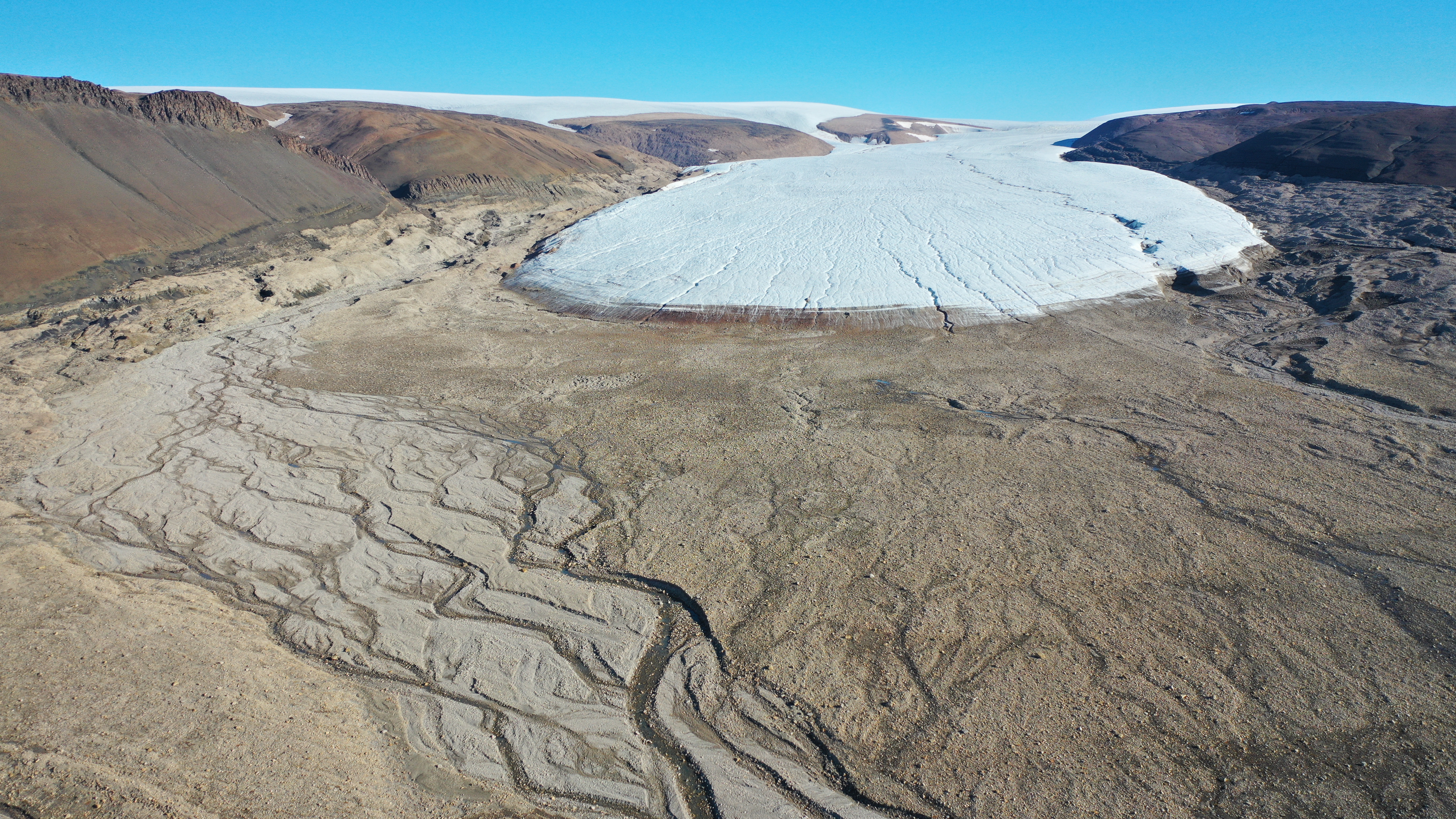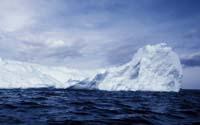In Greenland, they've lost the ice sheet with satellite images.
2024/02/14 Galarraga Aiestaran, Ana - Elhuyar Zientzia Iturria: Elhuyar aldizkaria

According to a study of historical satellite photographs, an ice sheet of 28,707 km2 has been lost in Greenland between 1980 and 2010. The study was conducted by the University of Leeds and researchers are clear that this loss is due to warming. In fact, in the period 2007-2012 temperatures were on average three degrees higher than in the period 1979-2000.
The loss of ice itself makes the surface warmer, as rocks and water in lakes absorb more solar energy than ice. In parallel, the vegetation cover has been doubled.
The increase in the area of the marshes also impacts on the climate due to the high carbon dioxide emission in these areas. In addition, the permafrost is also melting and are also releasing the carbon dioxide they had accumulated. Researchers warn of the possible impact on infrastructure and buildings built on the permafrost. So the communities that live there are also in danger.
According to the models, in addition, warming will be more pronounced in the next yearos.El study has been published in the journal Scientific Reports.

Gai honi buruzko eduki gehiago
Elhuyarrek garatutako teknologia





